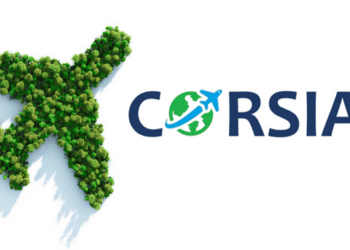Microsoft has successfully closed its $69 billion acquisition of video game publisher Activision Blizzard, marking its largest-ever deal in 48 years. This acquisition faced regulatory scrutiny and concerns regarding competition, with both U.K. and European regulators giving their approval and a U.S. district judge issuing a favorable ruling.
The U.K.’s Competition and Markets Authority granted its approval, clearing the way for the acquisition’s completion.
This deal, announced in January 2022, gives Microsoft ownership of numerous popular video game franchises, including Call of Duty, Crash Bandicoot, Diablo, Overwatch, StarCraft, Tony Hawk Pro Skater, and Warcraft. In the past fiscal year, Activision Blizzard generated $7.5 billion in revenue, a fraction of Microsoft’s overall sales, which reached $212 billion.
Microsoft Gaming CEO Phil Spencer expressed the company’s commitment to making these franchises accessible through platforms like Game Pass and other platforms. More details on when these games will become available will be shared in the coming months.
Bobby Kotick, the CEO of Activision Blizzard, will remain in his role until the end of the year.
Microsoft CEO Satya Nadella has been focused on diversifying the company’s business beyond its core areas, such as operating systems and productivity software. Activision has been both a partner and a competitor to Microsoft, one of the few companies capable of producing popular games that require substantial investments.
The regulatory process delayed the acquisition, initially expected to close by the end of June 2023. The Federal Trade Commission in the U.S., the European Commission, and the U.K.’s Competition and Markets Authority all raised objections.
Microsoft addressed European concerns by offering consumers in the European Economic Area free licenses to stream their Activision Blizzard games and extending the same to streaming providers for European gamers to access games through cloud gaming.
Microsoft also entered agreements with console rivals Nintendo and Sony, guaranteeing them access to Call of Duty games for a decade. Similar arrangements were made with cloud gaming providers like Boosteroid, Nvidia, Nware, and Ubitus.
Despite FTC concerns, a San Francisco federal district court did not halt the deal’s closure, leading to an appeal to the U.S. Appeals Court for the 9th Circuit, which also denied the motion.
To meet U.K. officials’ expectations, Microsoft announced an agreement where game publisher Ubisoft would receive cloud streaming rights for Activision’s games over a 15-year period, assuming the deal’s completion.
The FTC remains focused on the federal appeal process, believing the deal threatens competition and will assess the new agreement with Ubisoft’s impact on American consumers in their ongoing administrative proceeding.
Activision reported a strong second quarter, with $587 million in net income on $2.2 billion in revenue, reflecting a 34% year-over-year increase.
Also read: The Surge of Family Offices: Navigating the Landscape of Wealth Management

















